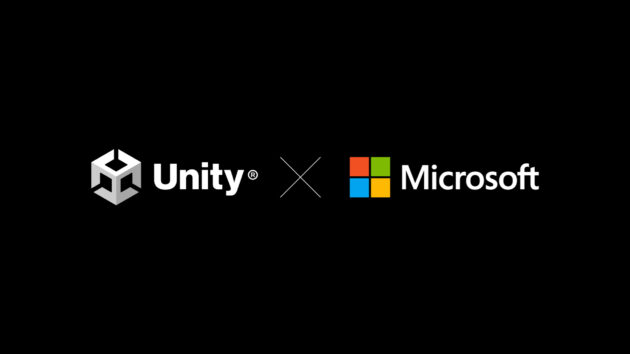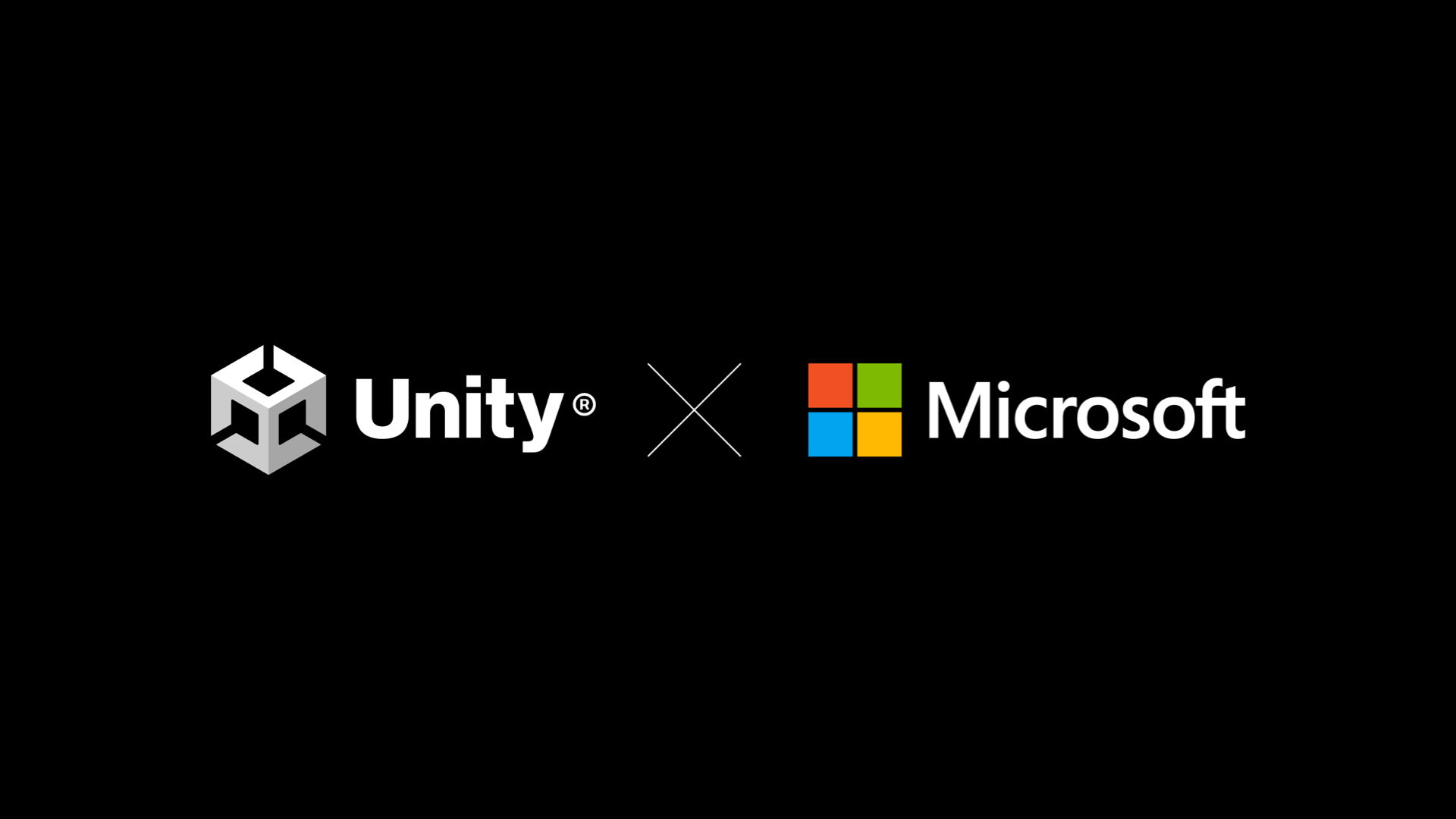[ad_1]

The company behind one of the most popular game development toolsets has entered into an agreement to use Microsoft Azure as its official cloud partner.
Unity Technologies, headquartered in San Francisco with offices in Vancouver, B.C. and Bellevue, Wash., is best-known for its eponymous licensed game engine. Since 2008, Unity has been a popular choice for hobbyist, amateur, and professional game development.
While it’s not the loudest announcement coming out of Microsoft’s games division, the company has made a lot of bets, both over the Xbox project’s history and in recent months, that are aimed at expanding the overall accessibility of development.
Even if you don’t know the name, you’ve likely played at least one game that was built with Unity. Popular examples from this year’s release calendar include PowerWash Simulator, V Rising, Tunic, Raft, and Nickelodeon All-Star Brawl.
Under the terms of the new agreement, which was announced via the official Microsoft blog, Unity will use Microsoft’s Azure cloud service to power its production of real-time 3D experiences, which can apply to both video game development and other industries that need real-time simulations.
This, at least on paper, allows smaller developers to gain easy, cheap access to high-powered machines and/or expensive programs via the Azure cloud service.
This agreement also further deepens a pre-existing partnership between Unity and Microsoft, which is intended to make it easier for creators who use Unity to publish their games for both PC and the Xbox platform.
“With this agreement, Microsoft and Unity are coming together to empower creators and make it easier for them to bring their games to Xbox, Windows PC, or into virtual worlds on other platforms,” said Sarah Bond, Microsoft CVP of game creator experiences and ecosystem, in a press release.
Marc Whitten, a Unity senior vice president — and former Xbox exec— added: “We believe the world is a better place with more creators in it and we know this is a conviction Microsoft shares.”
This follows up on the March debut of Microsoft’s ID@Azure toolset alongside the Azure Game Development Virtual Machine, which offers similar benefits to developers who are working with different toolsets like the Unreal Engine.
With ID@Azure covering Unreal and the new agreement with Unity, Microsoft is actively working with the makers of two of the most popular game design toolsets in order to get more independent studios into the publishing game.
[ad_2]
Source link

